Publications
Articles, publications, books, tools and multimedia features from the U.S. Institute of Peace provide the latest news, analysis, research findings, practitioner guides and reports, all related to the conflict zones and issues that are at the center of the Institute’s work to prevent and reduce violent conflict.
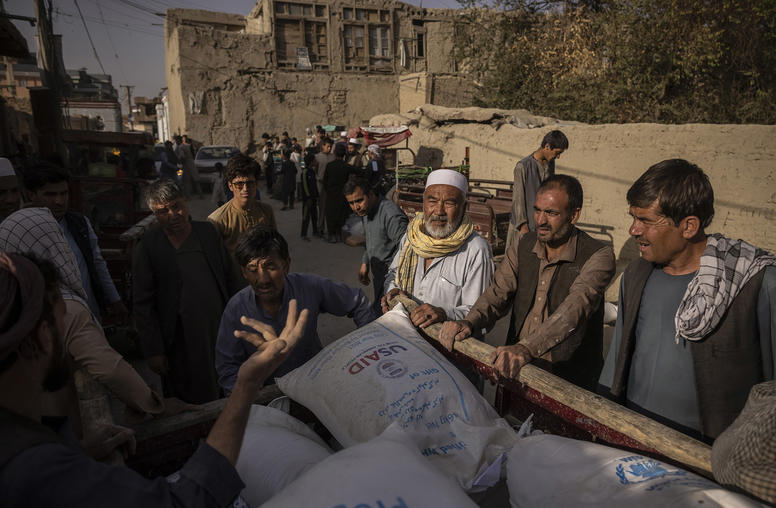
Afghanistan’s Economic and Humanitarian Crises Turn Dire
Two months after the Taliban took control of Afghanistan, the country is grappling with twin economic and humanitarian crises the response to which has been complicated by international aid cutoffs, the freezing of Afghanistan’s foreign exchange reserves and sanctions on the militants. USIP’s William Byrd discusses the implications of these crises and the challenges to alleviating them.
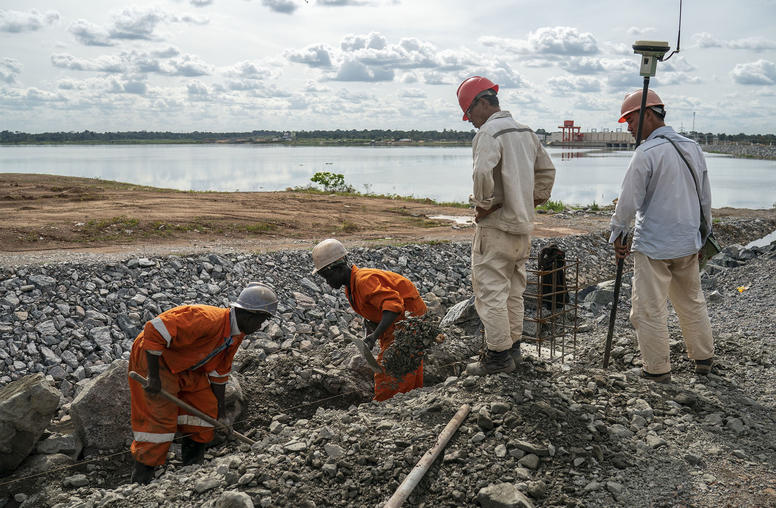
In Africa, U.S. Should Focus More on Democracy, Less on China
Even as the United States draws lessons from its unsuccessful, 20-year effort to build a sustainable peace in Afghanistan, it is shaping policies to engage the political and economic rise of Africa. Both the shortcomings in Afghanistan and the opportunities of Africa underscore the imperative of building policy on a full appreciation of local conditions. Yet on Africa, China’s growing presence has seized Americans’ political attention, and scholars of African politics say this risks distracting near-term U.S. policymaking. A requisite for U.S. success in Africa will be to focus on Africans’ desires—which include an ambition to build their futures by democratic means.

A Sahel Town Builds a Way to Improve Reforms—and Foreign Aid
This year’s escalation of violent turmoil in Africa’s Sahel—widened jihadist attacks, military coups or attempts in four nations, and continued high civilian casualties—underscores that years of work to reinforce military and police forces have failed to reduce instability. To undercut extremism and violence, countries must improve governance, and recent analyses underscore the particular need to build people’s confidence that their governments can provide justice and fair resolutions of popular grievances. Such change is an immensely complex task—and one town in Burkina Faso has shaped a plan for local reforms with a process to manage that complexity.
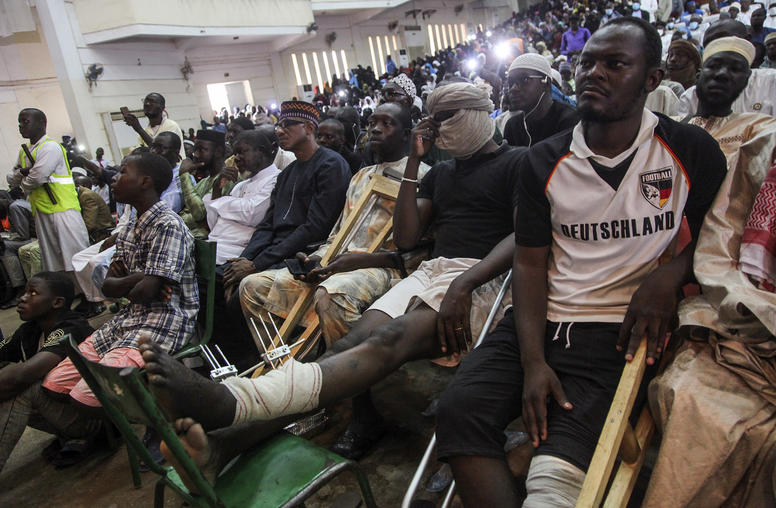
Disability-Inclusive Peacebuilding: State of the Field and the Way Forward
Despite being an estimated 15 percent of the world’s population, people with disabilities are not routinely included in peacebuilding, which would benefit from their expertise and perspectives. Although efforts to include marginalized populations can help, the current deficits are too great to be remedied through general approaches. This report covers the state of the field, identifies gaps and opportunities, and makes recommendations for the inclusion and meaningful participation of people with disabilities in peacebuilding.

Oge Onubogu on Democratic Concerns in West Africa
While West African countries present “some of the steepest declines in democracy,” USIP’s Oge Onubogu says there is “still an overwhelming support” for democratic governance among citizens in the region, which “presents a key opportunity for engagement between African leaders and this administration.”
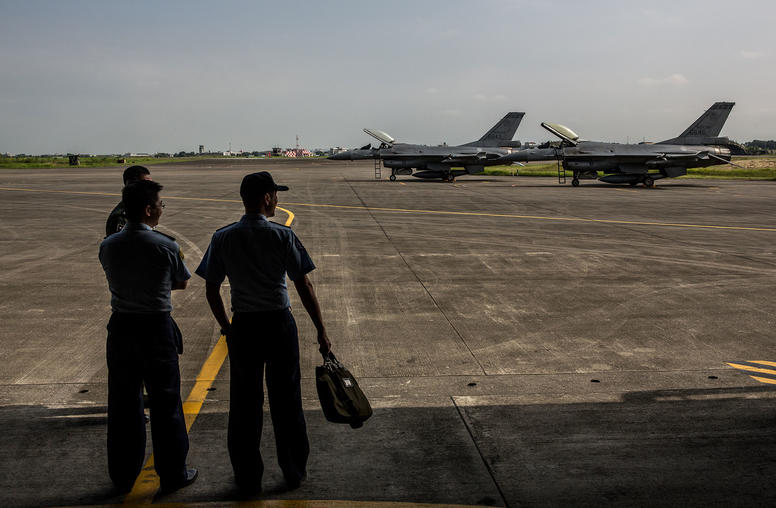
What’s Next for U.S.-China Relations Amid Rising Tensions Over Taiwan
U.S. National Security Advisor Jake Sullivan and Chinese Communist Party Politburo member Yang Jiechi held a six-hour meeting in Zurich on October 6 in an attempt to manage “intense competition” between their two countries. The meeting took place against a backdrop of growing Chinese incursions of Taiwan’s air defense identification zone and a decision by the Biden administration not to remove Trump-era tariffs on Chinese goods until Beijing keeps its trade commitments.
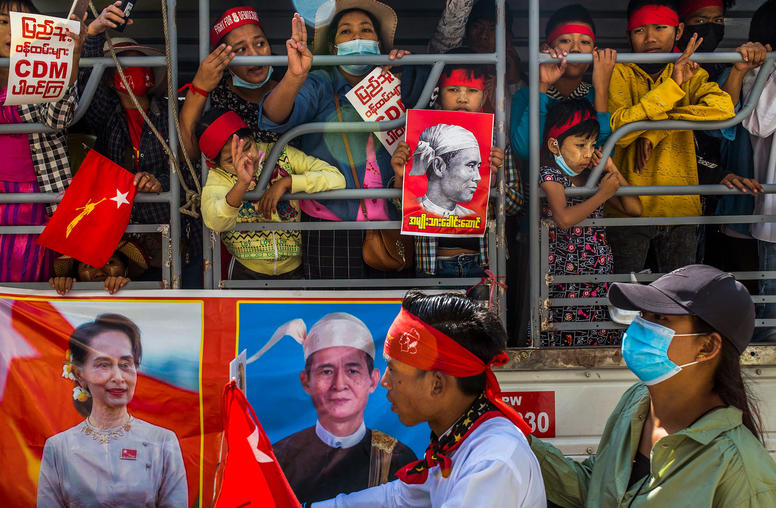
China and Myanmar’s Ousted Leaders: Mixed Signals, Cold Interests
Over the past two months, China has sought to resuscitate its relations with Myanmar’s National League for Democracy (NLD), the deposed party of Aung San Suu Kyi. Many analysts speculate the move reflects eroding confidence on Beijing’s part in the military junta’s staying power. But does it?
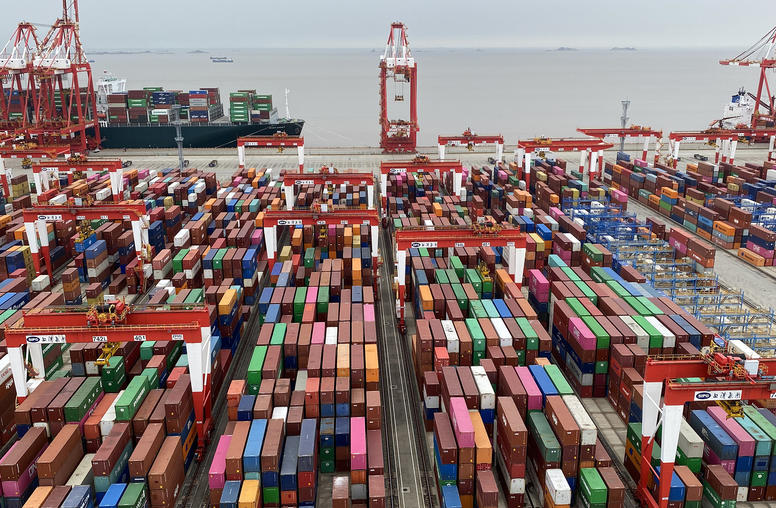
How Will China’s Bid to Join a Trans-Pacific Trade Pact Affect Regional Stability?
On September 16, China applied to join the Comprehensive and Progressive Agreement for Trans-Pacific Partnership (CPTPP). USIP’s Carla Freeman says China’s membership in the CPTPP will only increase Beijing’s relative regional influence and prompt more calls for the Biden administration to also join the pact.
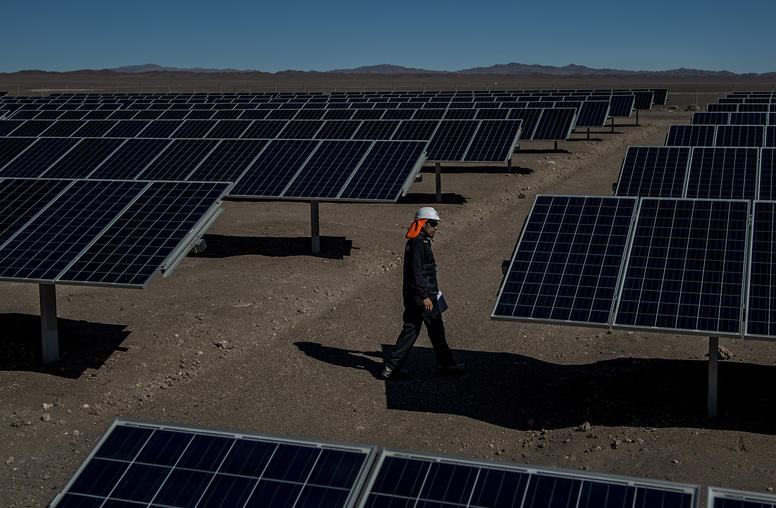
Navigating Land Rights in the Transition to Green Energy
With the global energy sector responsible for two-thirds of carbon dioxide emissions, renewable energy has enormous potential to mitigate the impacts of the climate crisis while simultaneously addressing energy poverty in developing states worldwide. However, clean energy development is far from smooth sailing, as renewable energy infrastructure requires ten times more land than the fossil fuel equivalent to generate the same power.
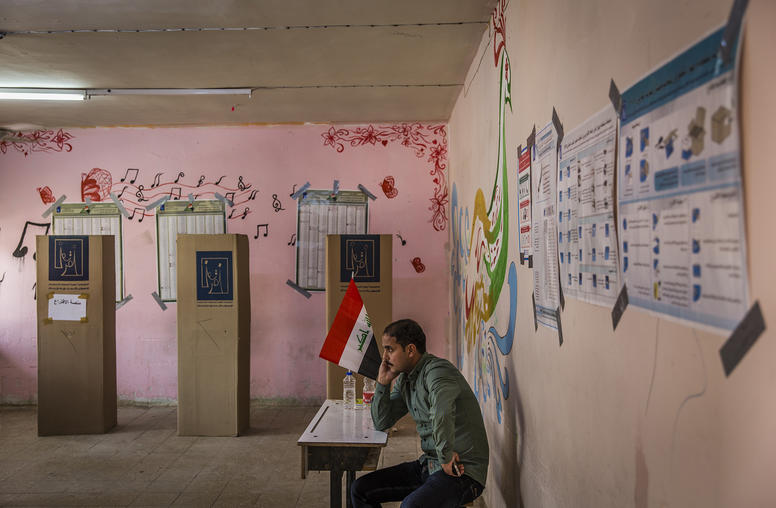
Can Iraq’s Parliamentary Elections Bring Change?
On October 10, Iraq will hold national parliamentary elections, the fifth national elections since Iraq adopted its 2005 constitution. And despite waning expectations about what these elections might accomplish, they remain an important avenue for pursuing change through peaceful means.